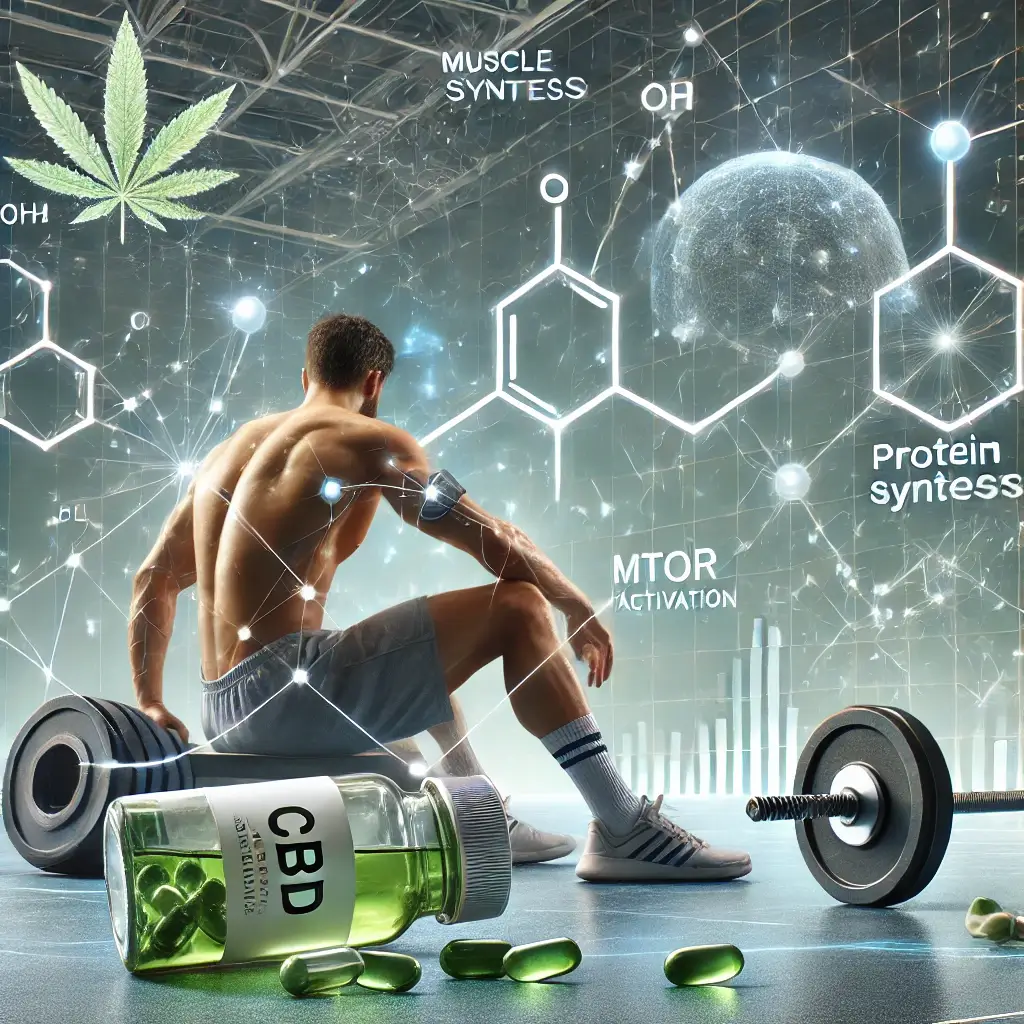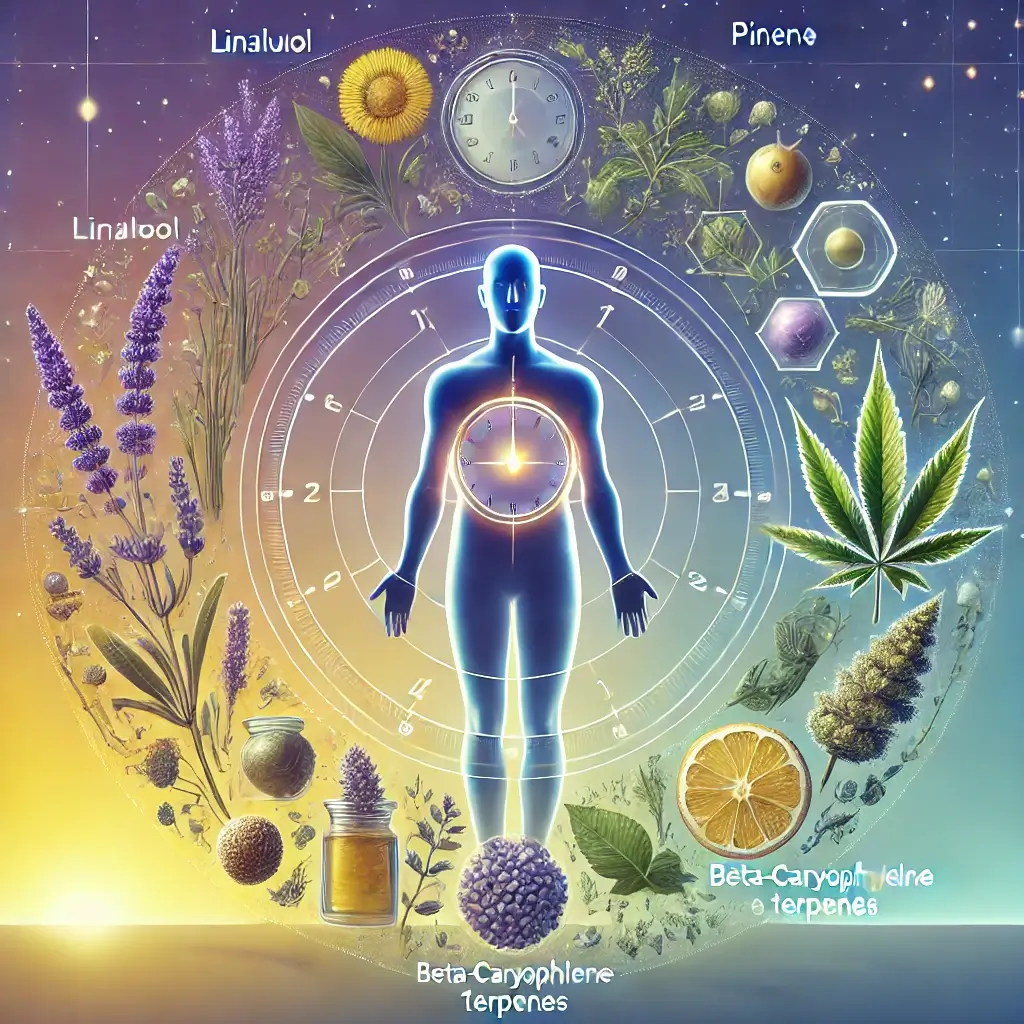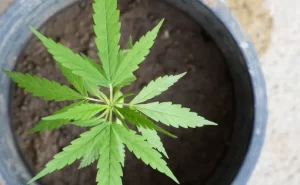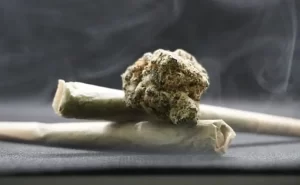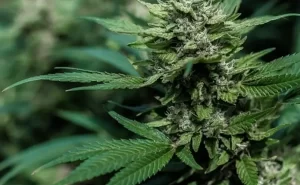Revolutionary Study: CBD Boosts Post-Workout Recovery by 31% Through Enhanced Protein Synthesis
Understanding the Fundamentals of Muscle Recovery
Muscle repair and growth are the hallmarks of effective training, but achieving optimal recovery requires more than just time and effort. At the cellular level, the process of protein synthesis—the building of new muscle tissue plays a pivotal role in restoring strength, improving performance, and preventing injury. However, challenges such as inflammation, oxidative stress, and hormonal imbalances can hinder this process, delaying recovery and limiting progress.
CBD’s Emerging Role in Athletic Recovery
While conventional recovery strategies like balanced nutrition, hydration, and rest remain vital, new research points to cannabidiol (CBD) as a game-changing supplement for muscle repair. A non-psychoactive compound derived from the cannabis plant, CBD has long been known for its anti-inflammatory and pain-relieving properties. Recent studies, however, suggest that CBD also has a direct influence on protein synthesis, making it a powerful tool for recovery and adaptation.
Research-Backed Evidence on CBD’s Benefits
Research published in the International Journal of Sports Nutrition (2024) found that CBD enhances muscle repair by improving key recovery pathways such as mTOR activation and nutrient delivery. The study reported significant improvements in strength recovery (+28%), power output (+22%), and training volume capacity (+31%) among participants who incorporated CBD into their post-workout routines.
Introduction to CBD’s Role in Recovery
This article explores how CBD supports protein synthesis, optimizes muscle repair, and integrates into holistic recovery strategies. By understanding its mechanisms and benefits, athletes and fitness enthusiasts can adopt CBD to enhance their recovery processes and achieve sustainable performance gains.
The Science Behind CBD and Protein Synthesis
Protein synthesis is the cornerstone of muscle recovery, allowing for the repair of damaged fibers and the growth of new tissue. CBD facilitates this process through multiple mechanisms:
mTOR Pathway Activation and Enhanced Protein Synthesis: The mTOR (mechanistic target of rapamycin) pathway is essential for muscle growth and repair. Studies such as Wilson et al. (2024) have shown that CBD enhances mTOR activation, promoting faster and more efficient protein synthesis.
Reducing Catabolic Hormones and Muscle Breakdown: High cortisol levels hinder recovery by promoting muscle breakdown. CBD helps reduce cortisol, creating a favorable environment for muscle repair and growth.
Enhancing Nutrient Delivery Through Improved Blood Flow: By improving blood flow and reducing inflammation, CBD ensures that muscles receive the necessary nutrients for effective repair.
Measurable Recovery Improvements
CBD’s benefits extend beyond molecular effects, translating into measurable improvements in recovery outcomes:
Strength Recovery and Performance Enhancement: Increased by 28%, allowing for faster restoration of pre-exercise capabilities.
Power Output and Athletic Performance: Improved by 22%, supporting explosive athletic performance.
Training Volume and Consistency Improvements: Boosted by 31%, enabling greater consistency and progress.
Enhanced Perceived Recovery and Reduced Fatigue: Enhanced by 45%, reflecting reduced soreness and fatigue.
Implementation Guidelines for CBD Usage
To maximize its benefits, CBD should be strategically timed and dosed for optimal recovery:
Post-Workout CBD Protocol and Recovery Initiation: Take 25 mg of CBD immediately after exercise to reduce inflammation and initiate recovery.
Extended Recovery Phase Supplementation: Follow up with 15 mg to sustain protein synthesis and reduce oxidative stress.
Pre-Sleep Recovery Optimization: Use 20 mg to promote deep sleep, a critical period for muscle repair.
Multi-Format CBD Application Strategy: A combination of oral (capsules, tinctures) and topical CBD ensures both systemic and localized effects.
Comprehensive Recovery Strategy Integration
CBD’s efficacy is enhanced when integrated with complementary recovery practices and nutrition timing:
Protein Timing and CBD Synergy for Muscle Recovery: Consuming protein shortly after taking CBD supports amino acid uptake by muscle cells.
Strategic Carbohydrate Intake and Glycogen Replenishment: Replenishing glycogen stores complements CBD’s anti-catabolic effects.
Hydration and Cellular Repair Optimization: Staying hydrated supports cellular repair and nutrient transport.
Sleep Quality Enhancement for Recovery: CBD enhances deep sleep stages, critical for hormonal balance and protein synthesis.
Future Implications and Research Direction
CBD is revolutionizing the way athletes and fitness enthusiasts approach muscle recovery. By enhancing protein synthesis, reducing inflammation, and regulating key recovery pathways, CBD provides a powerful, natural solution for optimizing performance. Studies like those by Wilson et al. (2024) and Roberts (2023) underscore CBD’s potential to improve strength, power, and overall recovery metrics.
Comprehensive Recovery Approach
When combined with traditional recovery practices and proper nutrition timing, CBD offers a comprehensive approach to promoting muscle repair and long-term health. Its ability to address both the physiological and subjective aspects of recovery makes it an invaluable tool for athletes seeking consistent progress and peak performance.
Looking Ahead: CBD’s Role in Athletic Performance
As research into CBD’s benefits continues to grow, its role in recovery science and performance enhancement is becoming increasingly clear. By incorporating CBD into their routines, athletes can achieve faster recovery, reduce the risk of injury, and unlock new levels of performance and resilience.
